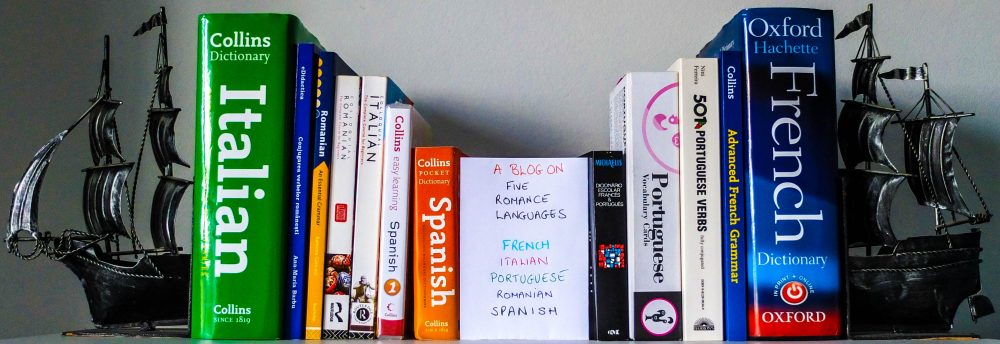 The second Sunday in May is Mother’s Day in Australia and also, according to this website, in the following countries: Anguilla, Aruba, Australia, Austria, Bahamas, Bangladesh, Barbados, Belgium, Belize, Bermuda, Bonaire, Brazil, Canada, Chile, China, Colombia, Croatia, Cuba, Curaçao, Czech Republic, Denmark, Ecuador, Estonia, Finland, Germany, Greece, Grenada, Honduras, Hong Kong, Iceland, India, Italy, Jamaica, Japan, Latvia, Malaysia, Malta, New Zealand, Peru, Philippines, Puerto Rico, Singapore, Slovakia, South Africa, Suriname, Switzerland, Taiwan, The Netherlands, Trinidad and Tobago, Turkey, United States, Uruguay, Venezuela, Zimbabwe.
The second Sunday in May is Mother’s Day in Australia and also, according to this website, in the following countries: Anguilla, Aruba, Australia, Austria, Bahamas, Bangladesh, Barbados, Belgium, Belize, Bermuda, Bonaire, Brazil, Canada, Chile, China, Colombia, Croatia, Cuba, Curaçao, Czech Republic, Denmark, Ecuador, Estonia, Finland, Germany, Greece, Grenada, Honduras, Hong Kong, Iceland, India, Italy, Jamaica, Japan, Latvia, Malaysia, Malta, New Zealand, Peru, Philippines, Puerto Rico, Singapore, Slovakia, South Africa, Suriname, Switzerland, Taiwan, The Netherlands, Trinidad and Tobago, Turkey, United States, Uruguay, Venezuela, Zimbabwe.
In Portugal, Spain and Mozambique, however, it is celebrated a week earlier on the first Sunday in May. In a number of Eastern European and the “-stan” countries it is celebrated on March 8; in Britain and Ireland on the fourth Sunday in Lent; and in France on the last Sunday of May or the first Sunday of June depending if it’s Pentecost, according to Wikipedia.
In the advertising for it on television we live in a perfect world of happy families and living mothers. The reality, of course, is quite different, and the loss of a parent requires a certain courage that often goes unacknowledged.
It might not be “cool”, I suppose for a male singer to pay homage in song to his mother, but the Portuguese don’t seem to have any qualms about it. Here is one by Luis Filipe Reis that I like (I saw him live in Sydney a few years ago). It’s called Minha Santa Mãe – mãe being the word for mother, minha being the possessive pronoun, and santa being the feminine form of saint/saintly. An important word of endearment you will hear in the chorus is querida (dear), as in minha mãe querida. The video looks very old but the sound quality is good.
Now it’s Jorge Ferreira‘s turn: I like the wrinkled faces of the elderly mum’s in this video. That generation in Portugal had a hard life: you can see strength in them but also a certain brittleness.
A number of male fado singers have also recorded a song based on the poem Mãe by Miguel Torga. One of the most impressive versions is by Frei Hermano da Câmara (a Benedictine monk now in his 80s)
Some of Torga’s poetry, including Mãe, can be found here.
Now a younger generation seems to be getting in on the act. I don’t know anything about Puto Pika and the singers involved and hope the rap lyrics are decent. The piano bits are! (Puto can be a vulgar word in Portuguese and Spanish).

